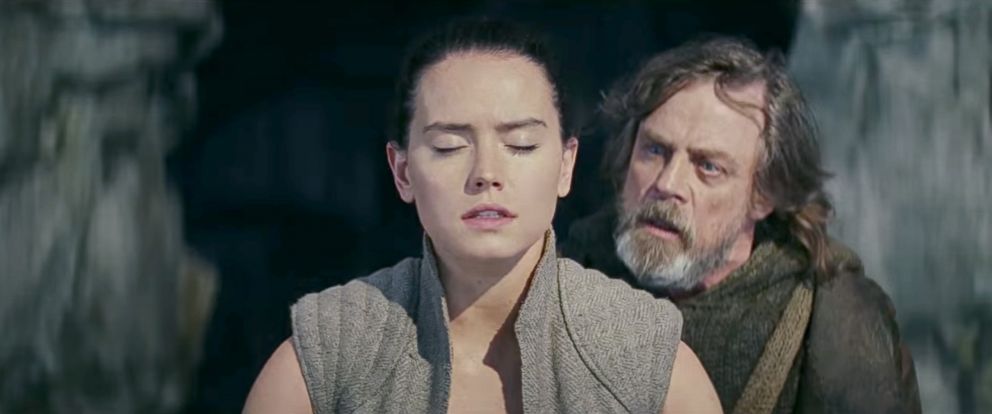The following includes spoilers for Star Wars: The Last Jedi.
In Lin-Manuel Miranda’s “Right Hand Man,” the song in Hamilton that introduces the story’s protagonist to Gen. George Washington, he first tells the story of Hamilton’s daring theft of British cannons before bringing him and Washington together. Here’s the key exchange:
Login to read more
Sign in or create a free account to access Subscriber-only content.
